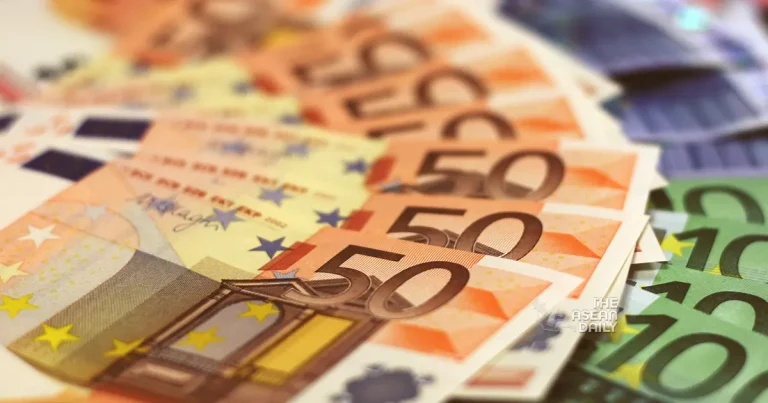5-10-2023 (MILAN) Italian law enforcement has made a significant stride in their relentless battle against money laundering, drug trafficking, and organized crime. In a substantial crackdown, Italian police apprehended 33 individuals on Wednesday, October 4th, unveiling a vast network of Chinese money brokers alleged to have laundered a staggering 50 million euros (approximately US$52.5 million). This intricate web of financial deceit was not limited to drug trafficking groups; it extended its malevolent reach to include the notorious ‘Ndrangheta mafia.
Colonel Francesco Ruis of the Guardia di Finanza police, who led the comprehensive investigation based in Rome, revealed a distinctive and alarming aspect of the case. He emphasized the establishment of a connection between criminal organizations like the ‘Ndrangheta and Chinese entities offering financial services, underscoring the international scale of this financial conspiracy.
Ruis articulated that the recorded financial movements, exceeding 50 million euros, only scratched the surface of the true dimensions of this nefarious affair. He likened the investigative process to a stakeout, suggesting that law enforcement could only witness a fraction of the intricate financial maneuvers orchestrated by the culprits.
The Guardia di Finanza police divulged in an official statement that their operation led to the arrest of 33 individuals, including seven Chinese nationals. The arrests spanned across Rome and six other Italian towns, with charges encompassing organized criminal conspiracy for drug trafficking and money laundering. Notably, the authorities also seized approximately 10 million euros in cash from the so-called ‘money mules’ responsible for transferring money abroad.
This operation is just one facet of a broader pattern that has recently come to light. It underscores the growing utilization of shadow networks comprising unlicensed Chinese money brokers by drug cartels in Italy to obscure cross-border payments.
The method employed, often referred to as “fei qian” or “fei chien” in Chinese, translates to “flying money.” It entails depositing a sum with an Italian money broker, while another agent within the network, situated elsewhere globally, disburses an equivalent amount to the intended recipient. This method allows for the clandestine movement of funds across borders, evading scrutiny and oversight.
The heart of the latest money laundering operation was situated within Chinese import-export businesses specializing in clothing and fashion accessories in Rome’s Esquilino district. These businesses effectively served as collection centers for illicit funds, which were subsequently transferred to China in an anonymous and untraceable manner.
While the “fei chien” method doesn’t involve the physical transfer of money from the customer, who purchases the drug shipment, to the supplier, who provides it, the ultimate destination for the cash was China. Police investigations revealed that transactions between the two Chinese brokers transpired through triangulations and fictitious business dealings in China. Simultaneously, the cash embarked on flights to China, facilitated by what is colloquially known as “money mules.”
Intriguingly, the investigation was substantially aided by access to encrypted chats on a platform that had been dismantled in 2021 by a Europol Joint Investigation Team.




